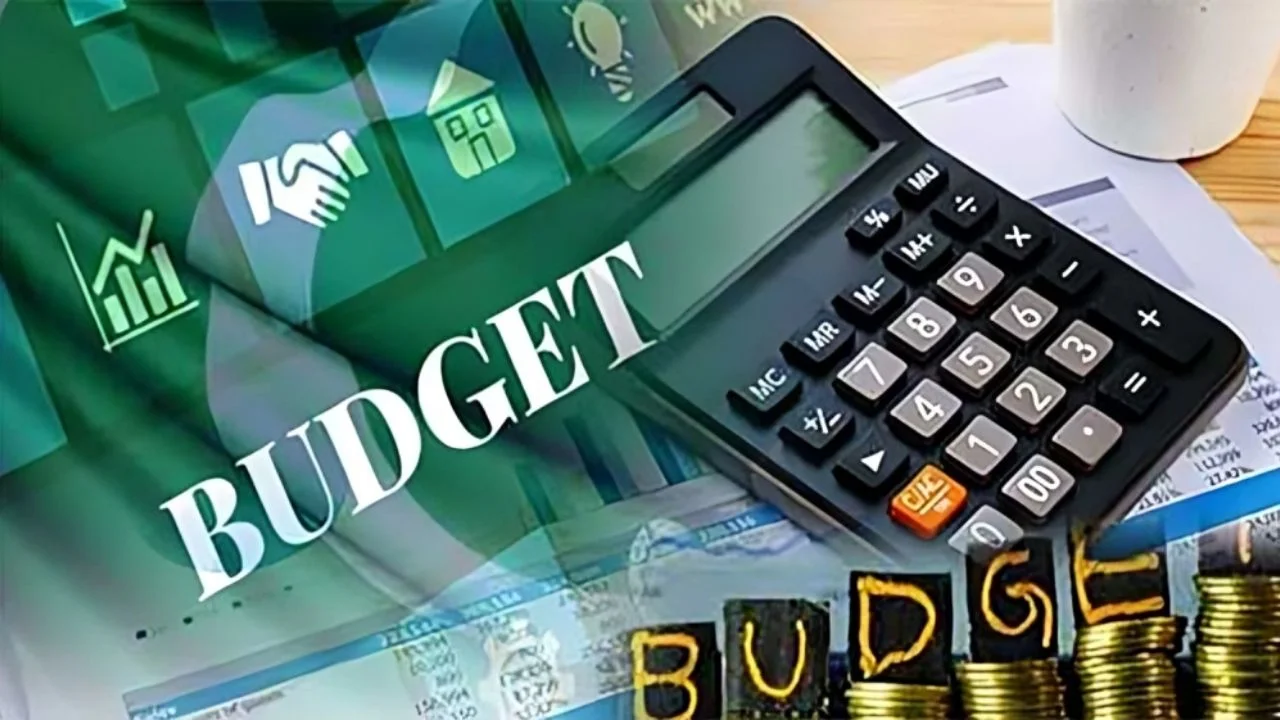Navigating the complexities of sales tax on goods in Pakistan can be quite challenging for businesses and consumers alike. This comprehensive guide aims to provide a clear understanding of how sales tax on goods works in Pakistan, its implications, and how it affects various stakeholders. Whether you are a business owner, a tax professional, or just an informed consumer, this guide will offer valuable insights.
Overview of Sales Tax in Pakistan
Sales tax in Pakistan is administered by the Federal Board of Revenue (FBR). It is a value-added tax levied on the sale of goods and certain services. The standard sales tax rate in Pakistan is 17%, but there are exceptions and variations depending on the type of goods and services. Understanding the specifics of sales tax on goods in Pakistan is crucial for compliance and effective financial management.
Applicability of Sales Tax on Goods
Sales tax on goods in Pakistan applies to a wide range of products, from everyday consumer goods to industrial supplies. Some key points include:
- General Goods: Most consumer goods are subject to the standard sales tax rate of 17%. This includes items such as electronics, clothing, and household goods.
- Essential Goods: Certain essential goods, such as basic food items, may be exempt from sales tax or subject to a lower rate to make them more affordable for the general population.
- Luxury Goods: Higher rates may apply to luxury items to generate additional revenue and discourage the consumption of non-essential goods.
Registration and Compliance
Businesses involved in the sale of taxable goods must register with the FBR and comply with sales tax regulations. This involves:
- Registration: All businesses that exceed a specified turnover threshold must register for sales tax.
- Invoicing: Issuing tax invoices for all sales, indicating the amount of sales tax charged.
- Record Keeping: Maintaining detailed records of all sales and purchases to ensure accurate tax reporting and compliance.
- Returns and Payments: Filing monthly sales tax returns and making timely payments to the FBR.
Input Tax Credit
One of the significant features of the sales tax system in Pakistan is the input tax credit. This allows businesses to claim a credit for the sales tax paid on their purchases. Here’s how it works:
- Claiming Credit: Businesses can deduct the amount of sales tax paid on inputs (goods and services used to produce or supply taxable goods) from their sales tax liability.
- Documentation: Proper documentation and record-keeping are essential to substantiate the input tax credit claims.
- Compliance: Ensuring that all suppliers are registered and compliant with sales tax regulations to avoid disallowance of input tax credits.
Challenges and Issues
While the sales tax system in Pakistan aims to be straightforward, there are several challenges that businesses may face:
- Complex Regulations: The constantly evolving tax laws and regulations can be complex, requiring businesses to stay updated regularly.
- Compliance Costs: Managing sales tax compliance can be costly, especially for small and medium-sized enterprises (SMEs).
- Enforcement: Ensuring compliance and enforcement can be challenging, leading to issues such as tax evasion and underreporting.
Government Initiatives and Reforms
The Pakistani government has been making efforts to simplify and improve the sales tax system. Some notable initiatives include:
- Automation: Implementing automated systems for tax registration, filing, and payments to reduce manual errors and enhance efficiency.
- Simplified Procedures: Introducing simplified procedures for SMEs to ease compliance burdens.
- Tax Audits: Conducting regular audits to ensure compliance and address issues of underreporting and tax evasion.
Conclusion
Understanding the intricacies of sales tax on goods in Pakistan is essential for businesses to ensure compliance and optimize their tax liabilities. By staying informed about the latest regulations and utilizing available resources like Btaxfiler, businesses can navigate the complexities of sales tax effectively. Whether you are dealing with general consumer goods, essential items, or luxury products, knowing how sales tax impacts these goods can help you make informed decisions and maintain compliance. Embrace the guidance offered by Btaxfiler to stay ahead in the dynamic landscape of sales tax on goods in Pakistan.




